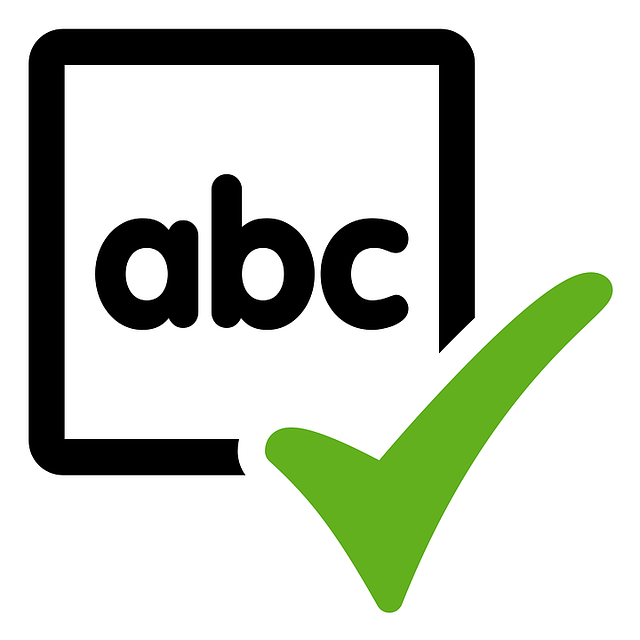College students seeking off-campus housing must be vigilant against rental scams. Key indicators include unusually low rent, lack of transparency, and pressure tactics. To avoid fraud, verify listings, research landlords, scrutinize lease terms, and trust your instincts. Safe renting practices like thorough online research, verifying identities, and reading contracts carefully protect students from student housing scams. Report suspicious activities to maintain collective vigilance against rental fraud.
“Navigating off-campus housing can be thrilling but also treacherous for college students, especially with the prevalence of rental scams. Understanding common tricks targeting your demographic is your first line of defense. This guide equips you with the knowledge to recognize red flags and protect yourself from falling victim to student housing frauds. From ‘red flags’ to ‘essential tips’ and ‘reporting’ strategies, learn how to avoid rental scams and ensure a safe, stress-free college housing experience.”
- Understanding Common Rental Scams Targeting College Students
- Red Flags: What to Look Out For When Renting Off-Campus
- Protecting Yourself: Essential Tips for Safe College Renting
- Reporting and Preventing Student Housing Frauds
Understanding Common Rental Scams Targeting College Students

College students are often targeted by rental scams due to their limited experience and increased demand for housing near campuses. Scammers take advantage of this situation by offering seemingly appealing deals on housing, only to leave victims in a financial bind or with no place to live. Understanding common rental scams is the first step towards avoiding rental fraud.
One common tactic is the use of fraudulent listings, where scammers create fake ads for apartments or rooms that don’t exist. They may also impersonate landlords or property managers and request upfront payments or personal information without providing a signed lease or proof of legitimacy. Another scam involves overpriced housing with hidden fees, leading to unexpected financial strain. Student renters should always verify the authenticity of listings and be wary of unusually low rent prices. Additionally, never wire money or provide sensitive information until a valid lease agreement is in place and all terms are clearly understood.
Red Flags: What to Look Out For When Renting Off-Campus

When searching for off-campus housing as a college student, it’s crucial to stay vigilant and watch out for potential rental scams. Keep an eye out for these red flags during your search and when signing any lease agreements:
1. Unreasonably Low Rent: If a property is listed at an unusually low price compared to similar nearby apartments, it might be too good to be true. Be wary of significant discounts or offers that seem suspicious.
2. Lack of Transparency: Landlords should provide clear and detailed information about the property, rent, utilities, and any additional fees. If they hesitate to share documentation, refuse to meet in person, or avoid direct communication, these could be signs of a scam or fraudulent activity.
3. Pressure Tactics: Be cautious if a landlord pushes for an immediate decision or uses aggressive sales techniques. Reputable landlords give tenants time to consider their options and won’t pressure you into signing a lease on the spot.
4. Unverified Contact Information: Ensure that the contact details provided belong to the legitimate landlord. If their phone number or email address appears suspicious, try to verify it through separate channels before proceeding.
5. No Physical Tour: While virtual tours are becoming more common, especially in the digital age, a reputable landlord should still allow you to physically inspect the property. Request to schedule a visit and be skeptical if they refuse or make excuses.
Protecting Yourself: Essential Tips for Safe College Renting

Protecting yourself from rental scams is crucial when navigating the search for student housing. As a college student, it’s essential to be aware of potential fraudsters and their tactics. One common trick is the urgent request for immediate payment, often accompanied by threats of losing your dream apartment. Be wary of any listing that seems too good to be true; low rent or no-strings-attached leases are red flags. Always verify the landlord’s identity and the property’s existence before committing.
Before signing any lease, take a thorough look at the document. Understand the terms and conditions, including move-in fees, security deposits, and renewal policies. If something seems unclear, ask questions. It’s also wise to research the area and neighboring properties to ensure you’re not falling into a student housing scam that could leave you unsafe or homeless. Remember, trust your instincts; if an offer feels off, it probably is.
Reporting and Preventing Student Housing Frauds

Reporting and preventing student housing frauds is a collective effort that requires vigilance from students and quick action when suspicions arise. If you encounter what seems like a rental scam, don’t hesitate to document all interactions with the landlord or property manager. Take note of any misleading information, unusual requests for payment, or pressure to act swiftly. Report these incidents to local law enforcement, your college’s housing office, and consumer protection agencies. Your insights can help prevent others from falling victim.
To protect yourself from student rental scams, practice safe renting habits. Thoroughly research properties online before arranging a viewing. Verify the landlord’s identity and check for any red flags in their communication—like spelling mistakes or urgent requests. Be wary of deals that seem too good to be true, and never share personal information over text or email without verifying the recipient’s identity. Always read rental contracts carefully, ensuring you understand the terms before signing.














